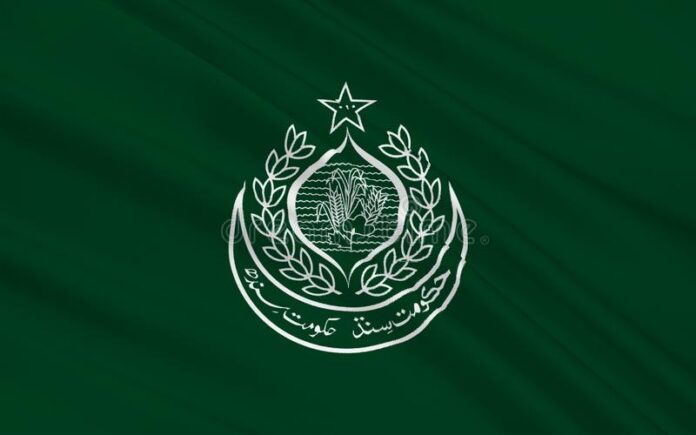The Sindh cabinet on Tuesday approved a proposal under which the provincial government would operate three major federal health facilities in the metropolis.
- the Jinnah Postgraduate Medical Centre (JPMC)
- National Institute of Child Health (NICH)
- National Institute of Cardiovascular Diseases (NICVD) for a period of 25 years by providing funds, employees’ salaries and bear expenses on medicines.
The cabinet meeting, chaired by Chief Minister Murad Ali Shah, was informed by the health secretary that the federal government had agreed in principle to devolve the three major institutions to the provincial government. Besides, the draft Operating and Management Agreement was sent to finalise the transfer of control of the three hospitals.
Also, the cabinet approved the draft agreement and referred it to the federal government for final approval. The initial term of the agreement, effective from the date of signing of the agreement, would be for a period of 25 years.
Moreover, under the agreement, the Sindh government would be authorised to operate, develop, maintain and upgrade the hospitals through its health department. The operating cost, including salaries, medicines, utilities, and development expenditures would be borne by the provincial government under the agreement.
In addition, it would be entitled to hire the staff necessary to perform work. The employees are to be governed as per the provincial laws. It will revert to the provincial government after the expiry of the agreement. Furthermore, Under the draft agreement, all the federal employees working in the hospital would continue their services.
Draft bill to establish BIUT presented
The health department presented a draft bill for the establishment of the Benazir Institute of Urology and Transplant (BIUT) in Nawabshah for providing urological and transplantation services to the people with the technical assistance of the Sindh Institute of Urology and Transplantation (SIUT).
The meeting was told that the institute would be an autonomous body to function through its independent board of governors.
The institute would undertake treatment with the latest physical facilities necessary for carrying out investigation and treatment of urology, nephrology, and organ transplant; and to undertake postgraduate programmes in the field of urology, nephrology, and training of nursing and paramedical staff.
The cabinet approved the bill and referred it to the assembly for consideration.


